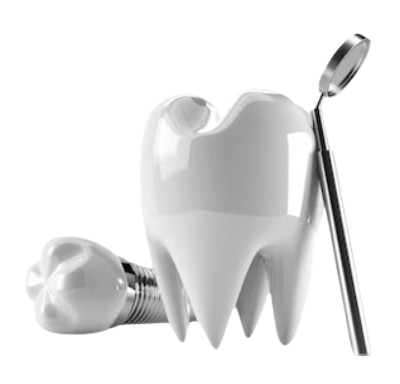
EXTRACTIONS IN GARLAND, TX
When necessary, tooth extraction is a prioritized decision for health. Our team ensures comfort through sedation options, using modern anesthesia for a painless procedure. Post-op instructions guide care. Future plans for tooth replacement are also discussed.
EXTRACTIONS
Despite your best efforts, teeth sometimes need to be removed to protect your health. When we’ve discussed all other possibilities, and you’ve decided on extraction, we’ll take every step to help you. Your well-being always takes priority in any treatment decision. Some patients prefer sedation to help with oral surgery, and we can review these options in your treatment plan. We take every measure to make sure even minor surgical procedures are as comfortable as possible.
Some teeth are removed more easily than others, but the Distinctive Dental Concepts team takes pride in helping every patient get numb with modern anesthesia. Once the anesthesia takes effect, our doctors use specialized instruments to elevate the tooth out of place. You will receive specific post-op instructions to help you care for the area after your procedure.
While our immediate concern is the short-term management of your care, we will also discuss your long-term plans for replacing missing teeth. Leaving a space is always an option, but spaces in your smile can create appearance and function challenges that are important to consider. Teeth slowly shift or migrate into open spaces and minimizing the effects of an unbalanced bite now can prevent issues later in life.
Although our primary goal is to help your teeth stay healthy and functional, an extraction is sometimes the best way to preserve the overall health of your mouth. Since teeth help nourish our bodies and support our confidence, we will help you create a plan that fits your short and long-term goals.
Services We Offer
Ready to transform your smile?
Frequently Asked Questions

Tooth extraction is typically done for reasons such as severe decay, advanced gum disease, impacted wisdom teeth, or to create space for orthodontic treatment.
Dentists use local anesthesia during tooth extraction, so you shouldn’t feel pain during the procedure. Postextraction discomfort can be managed with prescribed or over-the-counter pain medication.
Recovery time varies but is usually a few days to a week. Follow postoperative care instructions provided by your dentist for a smoother recovery.
While complications are rare, risks can include infection, dry socket, or nerve damage. Your dentist will discuss potential risks before the procedure.


